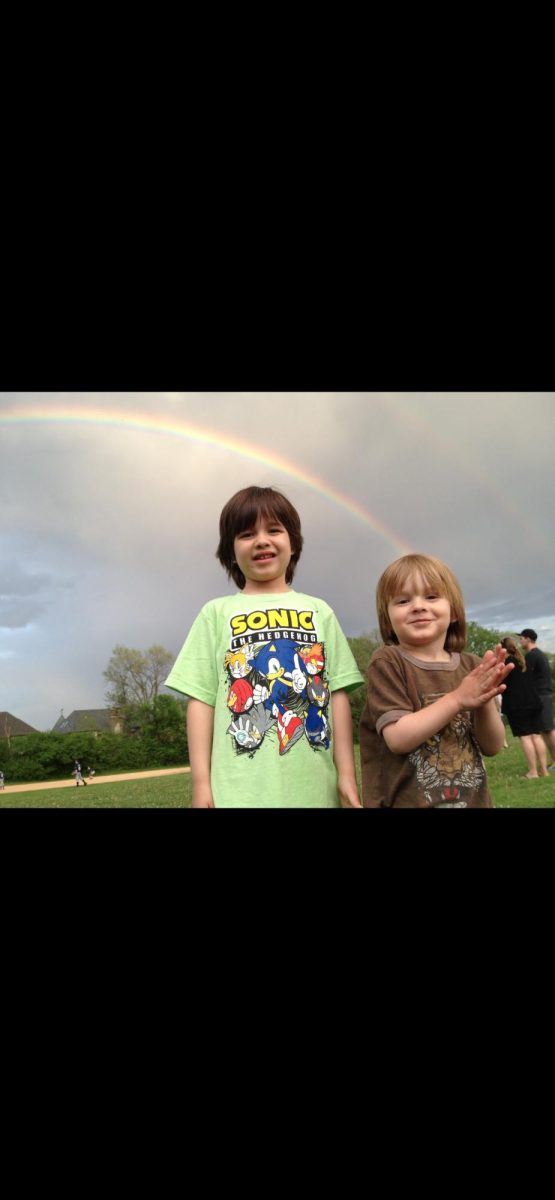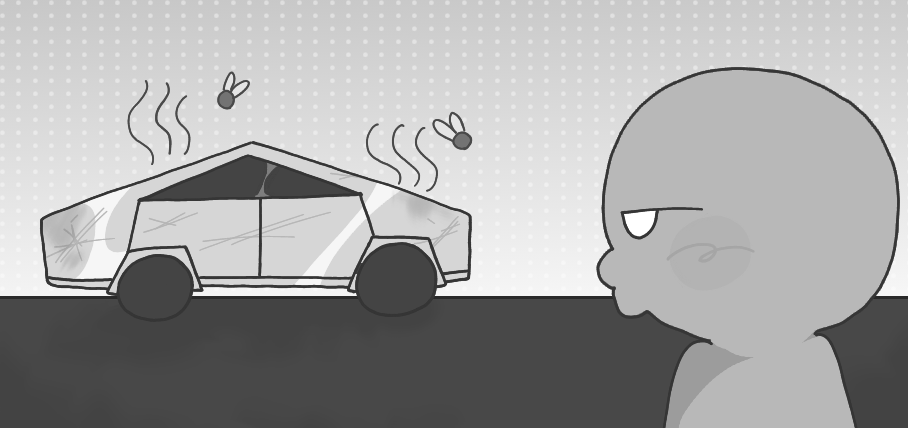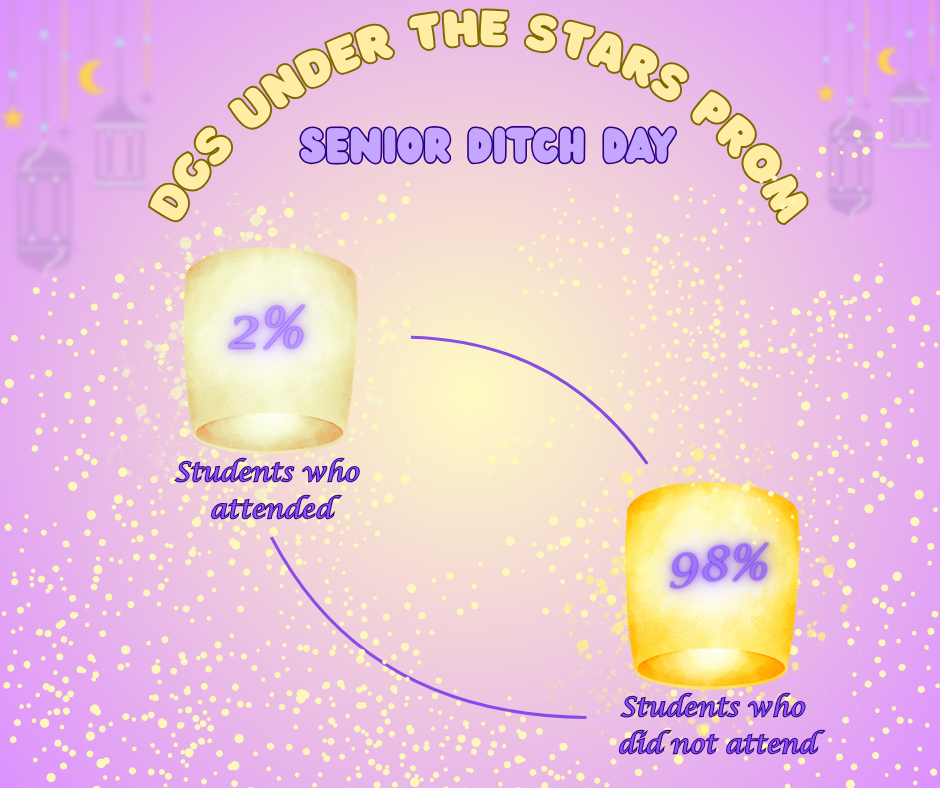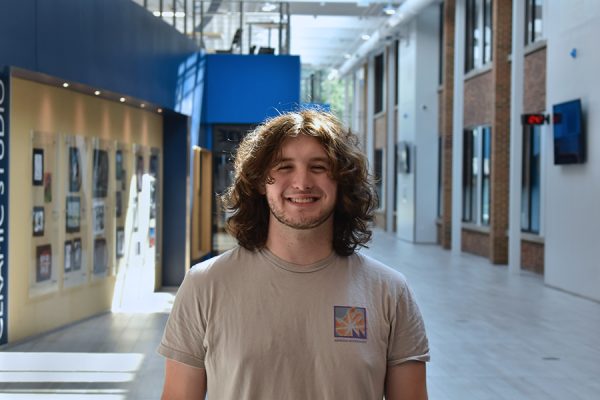The world as we know it is going to end. It has happened many times before, but it’s not necessarily a bad thing. In fact, it occurred pretty recently. Things like the internet, radio and the steam engine have helped do just that, changing elements of our society entirely from how we are socialized to how we get the food on our plates.
However, what seems to be coming could be more impactful in our current world than anything else in our history.
The industrial revolution brought greenhouse gas emissions up astronomical levels, causing a phenomenon known, by almost all, as climate change. As the younger generation of students grows older, it shows an oppressive sign of things to come. Many experiences tied to this terrifying phenomenon are real, but action for the cause has been hard to come by.
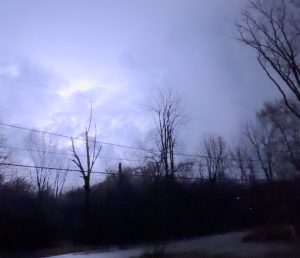
Senior Malcolm Rutledge hopes to study education and further a passion in childcare. Climate change gives him feelings of disappointment in our society, and a dreadful outlook on the future.
“I think it’s sad to see what’s happening to the world, especially that we’re the cause of it. On a scale of one to ten I’d probably say I’m about an eight in terms of concern. Seeing what’s happening and how rapid it is, it’s scary,” Rutledge said.
Rutledge is not alone in his fear and detection of change, and as he approaches the starting line of the rest of his life, there is a deep-seated worry in what will happen to him in the future.
“It’s already affecting us now, and it will probably only get worse as we get older,” Rutledge said.
Another individual struggling with the thought of climate change is Sebastian Perez, who is an avid animal lover. Perez’s heart is rooted in nature, with eyes locked in on the grim reality of what is happening.
“It can impact the way I see the future. I could see animals and other places disappear for the rest of my life. It’s honestly a terrifying thing to even think about. Some nights it’s hard to sleep,” Perez said.
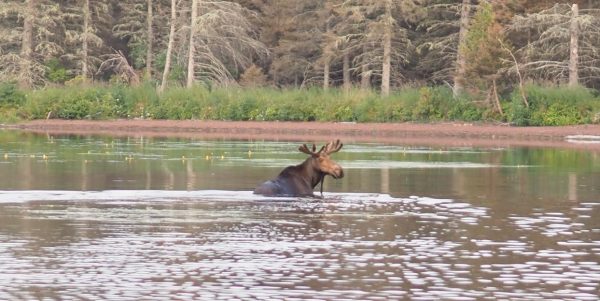
The difference is definitely there, and senior Shania Hill has noticed it for quite some time, especially when she’s outside. Recent weather has been absolutely absurd for this time of year, as well as feeling quite random for some time in the past few years.
“I definitely notice it. I remember going to Minnesota for my birthday in April a while back. It was a horrible blizzard, it was so weird. We couldn’t even get on the road and it was almost May at that point. We also never get white Christmases anymore. It’s also about to be in spring and it hasn’t even rained yet,” Hill said.
Hill finds it all extremely overwhelming, a feeling shared by many. Fighting climate change as an individual can be difficult, as you have so many different things you’re told you have to do to help. Everything small people do can feel so insignificant.
“I feel like there are so many factors that go into climate change that you have to think about. People tell you to recycle, among other things, and sometimes I feel like what is recycling this one water bottle going to even do?” Hill said.
Perez, Rutledge, and Hill are three individuals who could be seriously affected by climate change, much like every person in the world. However, this problem has catapulted efforts for change, as many individuals are trying to fight for a better world.
On Aug. 8, 2023, the Hawaiian island of Maui ignited in a vicious wildfire, perpetuated by irregular weather patterns leading to extreme dryness. Combined with an Extreme Wind Warning, it was a recipe for disaster. Dozens were killed, hundreds were injured and thousands were displaced on the island.
Choir director Joy Belt-Roselieb vacationed to the island earlier that year. When she heard about the tragedy taking place, she was absolutely devastated. Immediately she committed herself to going back and helping the community that had been so welcoming to her on a vacation over the summer.
“The Red Cross had set up different places around the burn area to help feed people who were displaced. Even now, there are still 6000 people that still have no home. I was able to help the Red Cross give food out to people,” Belt-Roselieb said.
Belt-Roselieb spent a week working as a volunteer for the Red Cross, sacrificing her holidays to hand out meals to people who’d been displaced. There were also lots of other ways to help out on the island, even when they were taking a break from preparing and passing out food.

“Because of the fires, there were many displaced animals, so they were asking people who were coming to Maui [to adopt] If you couldn’t adopt a dog, then you could take them out for a day. For a couple days, we had a dog and we took them and they stayed with us, played with us on the beach. There really wasn’t anywhere for the animals to go to,” Belt-Roselieb said.
Belt-Roselieb is worried about climate change, having been on the frontlines of its destructive wake. Temperatures get hotter and it feels like every year is a record warm year, somehow surpassing the last. The new climate causes severe issues in places where they aren’t common.
“It’s a real phenomenon; it’s really happening, and it’s deeply affecting people’s lives now. As we look at the last couple years we see the fires that have happened in Canada, fires in Hawaii, fires all over Europe too. You start to see things, even fires in Siberia. Places that you wouldn’t ever think would be on fire, it’s happening,” Belt-Roselieb said.
A lot of these problems can be blamed on the general lack of action from bigger parties. Companies and governments refuse to put their best foot forward on this issue, despite it threatening billions of lives.
“I just wish that people who are in political positions would take it far more seriously. We can act. We can change the trajectory of it if our politicians take it seriously and work to help stop the things causing global warming. It’s important for younger generations to understand it’s important to vote; we are facing so many issues that young people are gonna have to take up. If you ever get into a position of influence, do the right thing for humanity,” Belt-Roselieb said.
Provided are links where you can purchase Maui pineapples to support the local community and get delicious fruit in the process. The Island of Maui is still recovering from the wildfire and the Maui Pineapple Store will donate relief for every pineapple purchased, according to the website. If you wish to donate to Maui to assist in relief, you can donate to the Red Cross of Hawaii, here.
There are many other things you can do as an individual to help bring your carbon footprint down. Installing power strips is a handy way to turn tons of items off fully so they don’t drain power in sleep mode. Showering wastes tons of water as well, so try to lower the time it takes. One of the easiest ways to help is to keep others informed and spread everything you know about climate change so people are empowered to also make change.
There are many ways to help the cause of a greener Earth. Do your research, then go out there and do something, for the sake of not just your friends, family and neighbors, but for the world as a whole.



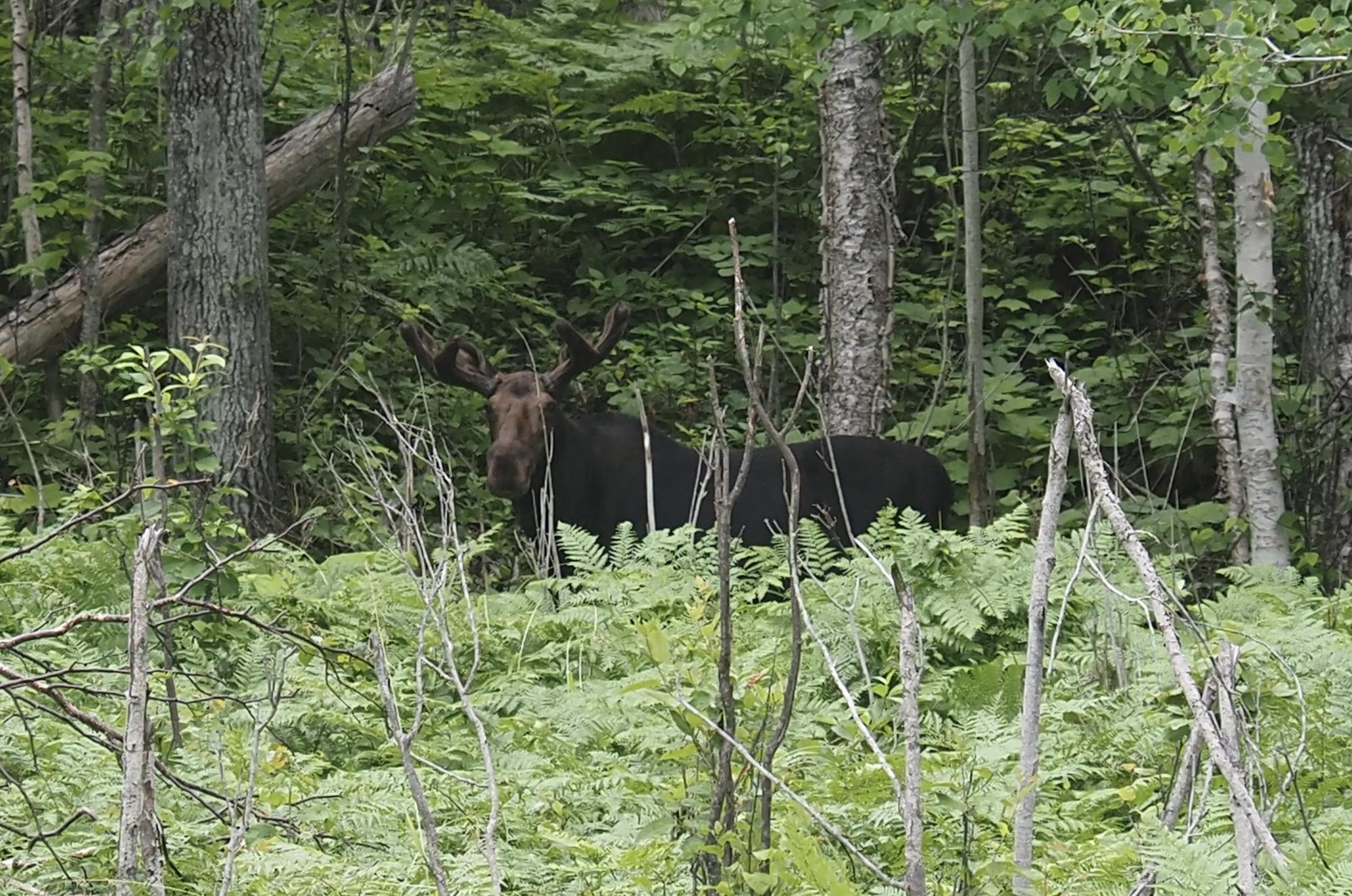

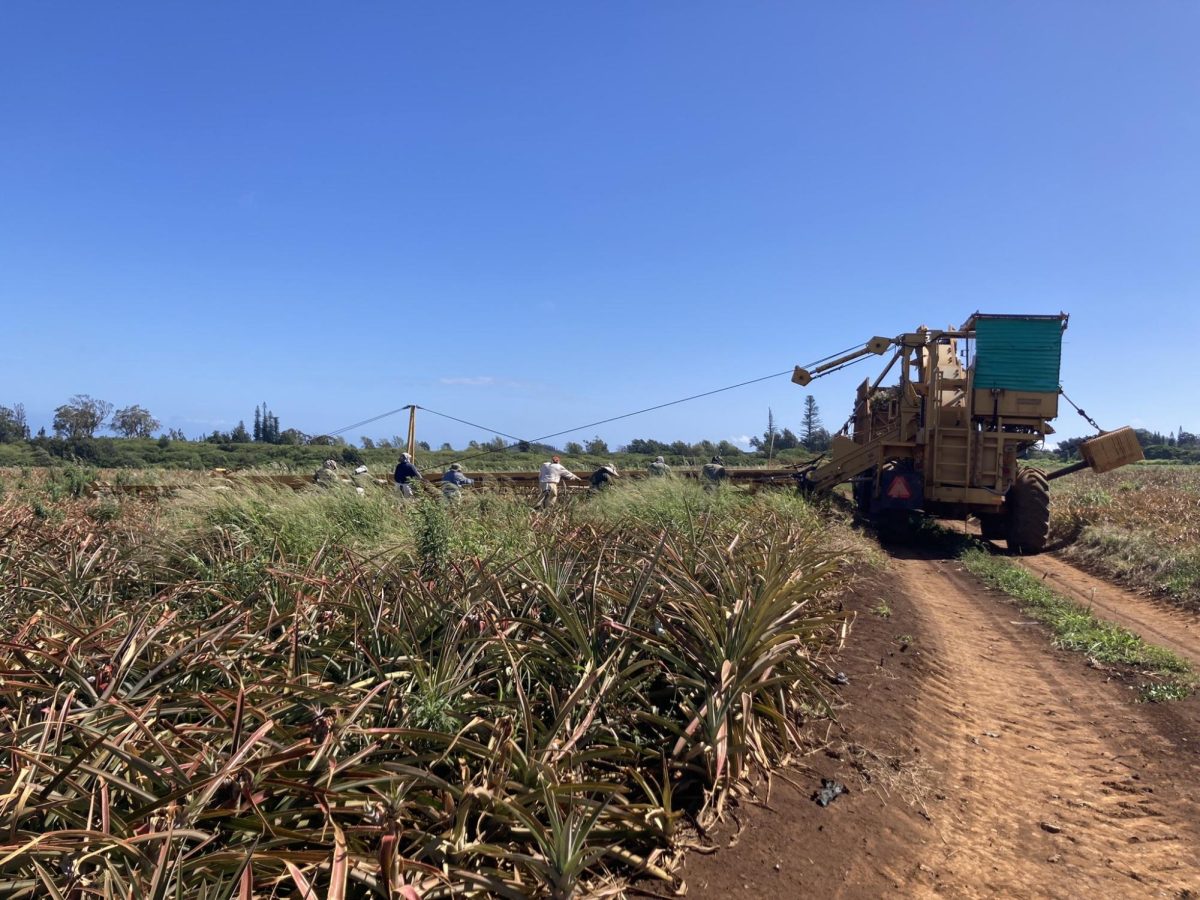


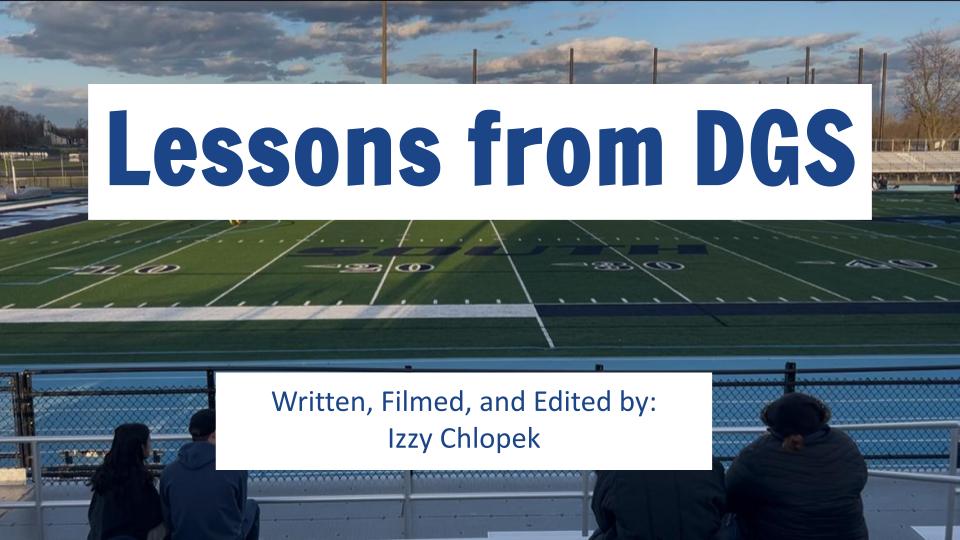
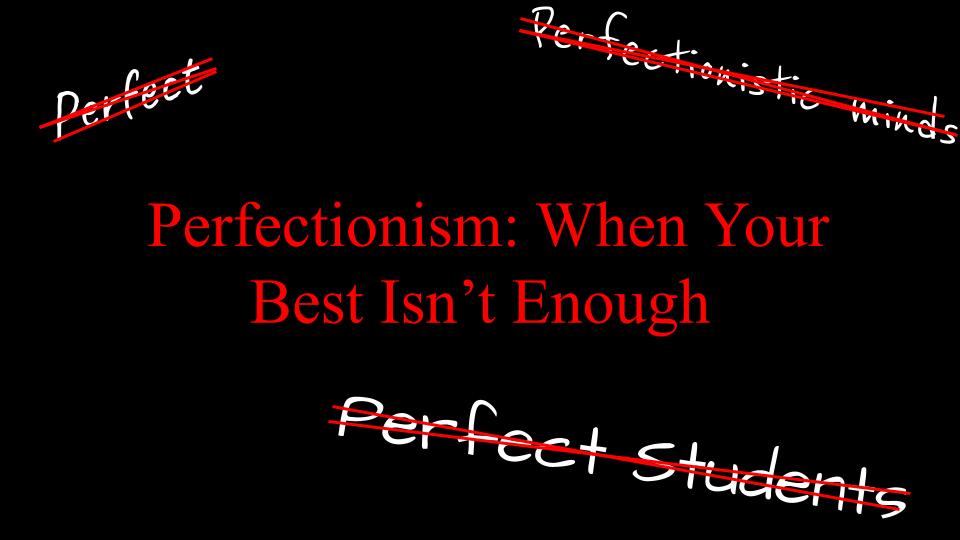
![In this documentary, you will learn how violins are made. All music is in the public domain:
Music Produced by Deutsche Grammophon, Medici TV, Heifetz Institute, and Queen Elisabeth competition
Paganini, Caprice No. 24 [Song recorded by Jasha Heifetz]. Heifetz Institute. (Original work published 1817)
Paganini, Caprice No. 24 [Song recorded by Jasha Heifetz]. Heifetz Institute. (Original work published 1817)
Bartok, Sonata No.1 for Solo Violin [Song recorded by Kevin Zhu]. Queen Elizabeth Competition. (Original work published 1944)
Paganini, Violin Concerto no. 1 [Song recorded by Philippe Hirshhorn]. Queen Elizabeth Competition. (Original work published 1819-1825)](https://southblueprint.com/wp-content/uploads/2025/05/Screenshot-2025-05-07-122429-1200x668.png)
